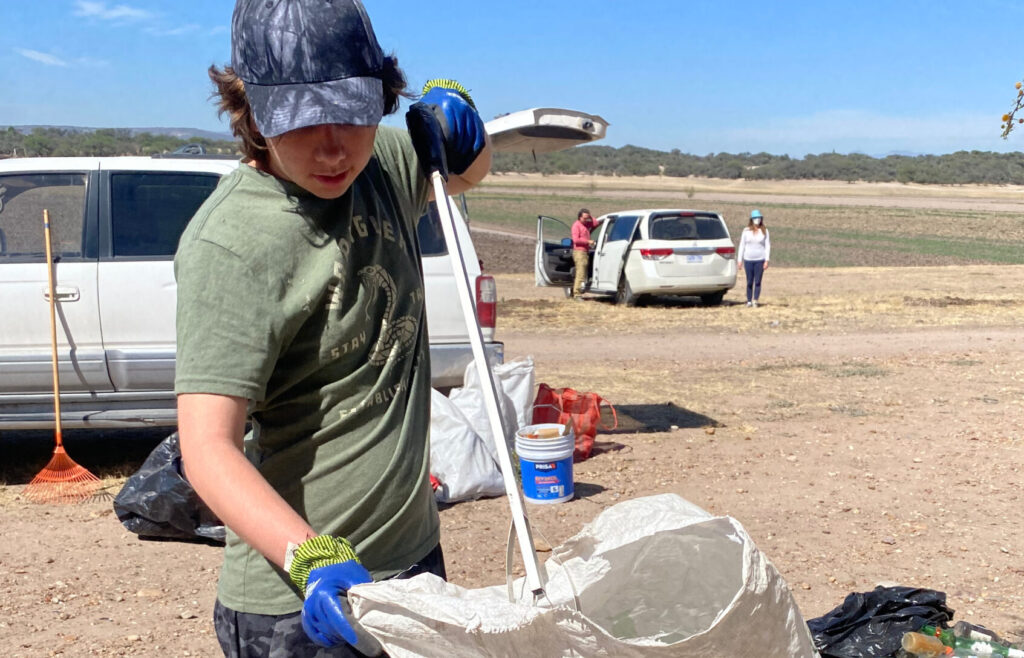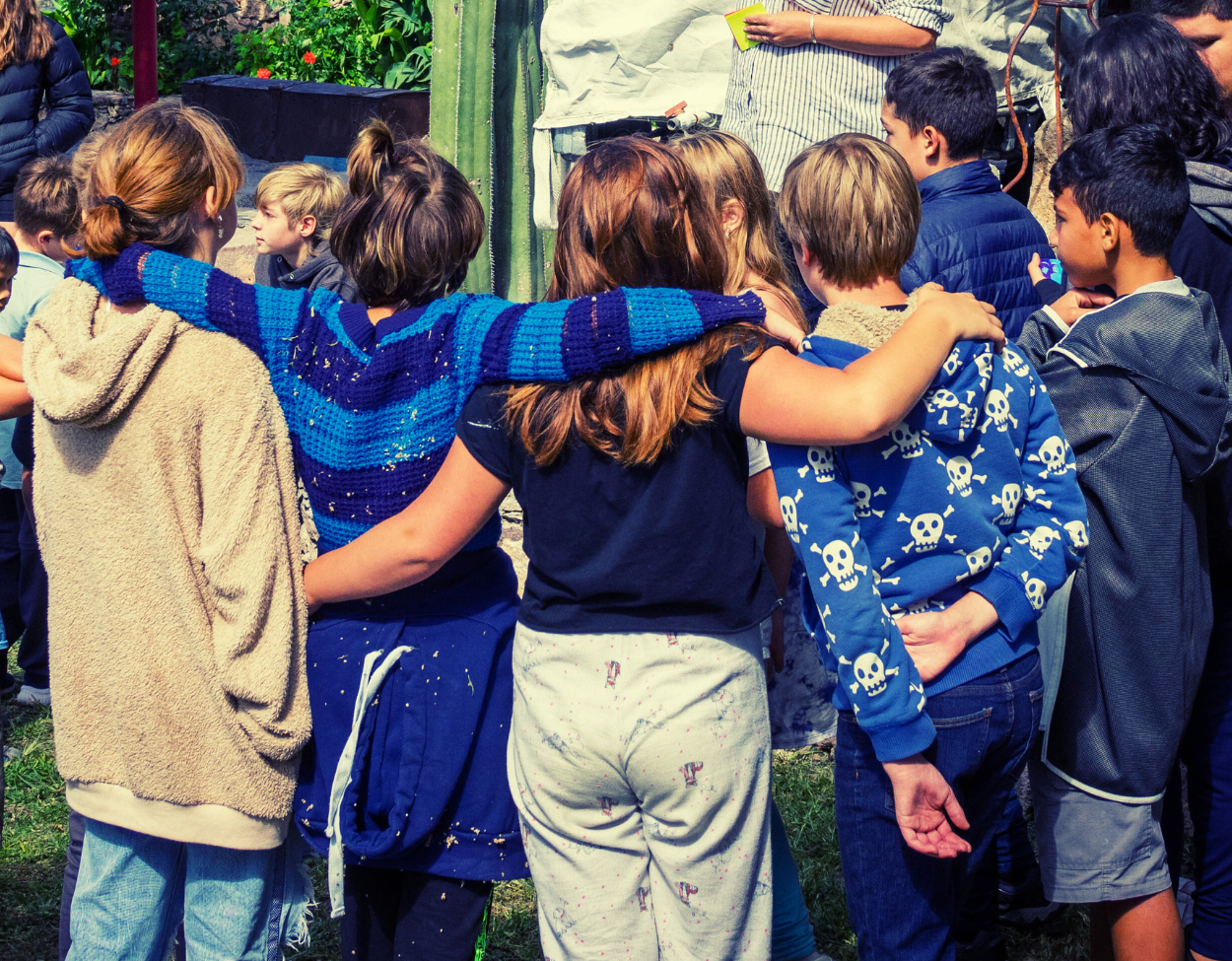In today’s hyper-connected world, our teens are facing unprecedented challenges. They’re more “connected” than ever, yet often feel isolated and stressed. As a parent and someone who’s worked with countless teenagers through adventure camps and outdoor programs, I’ve seen firsthand the transformative power of unplugging and engaging with the real world.
But here’s something many parents don’t realize: these experiences aren’t just good for our teens’ mental health and personal growth. They’re increasingly valued by colleges too. Let’s dive into why.

The Rise of “Antifragile” Confidence
In my work with teens, I’ve come to appreciate the concept of “antifragility” – a term coined by Nassim Nicholas Taleb. It goes beyond resilience. Antifragile systems actually get stronger when faced with stressors and challenges.
This is exactly the kind of quality colleges are looking for in applicants. They want students who won’t just survive the challenges of college life, but will thrive and grow stronger because of them.
Gap year experiences and adventure camps are perfect crucibles for developing this antifragile confidence. When teens face physical challenges, navigate new social situations, and solve real-world problems, they’re not just learning skills – they’re developing a deep-seated belief in their ability to handle whatever life throws at them.

Fostering Creativity Through Real-World Problem Solving
In our digital age, it’s easy for teens to fall into passive consumption of information. But colleges aren’t looking for students who can simply regurgitate facts. They want creative thinkers and problem solvers.
Adventure camps and gap year programs push teens out of their comfort zones and into situations where they have to think on their feet. Whether it’s figuring out how to set up a campsite in the rain or navigating cultural differences during a volunteer project, these experiences foster the kind of creative problem-solving skills that are invaluable in academic settings and beyond.

Building Genuine Social Skills in a Digital World
One of the most striking things I’ve observed in my work is how much teens crave genuine, face-to-face connections. Despite (or perhaps because of) their digital connectivity, many struggle with in-person social skills.
Colleges know that academic success often hinges on a student’s ability to collaborate, communicate, and build relationships. Gap year experiences and adventure camps provide intensive opportunities for teens to develop these crucial social skills. Living and working closely with peers, navigating group dynamics, and learning to communicate effectively in challenging situations – these are the experiences that build true social competence.

Developing a Sense of Purpose and Global Awareness
Many gap year programs include elements of service or cultural immersion. These experiences can be profoundly transformative, helping teens develop a sense of purpose and global awareness that extends far beyond their personal sphere.
Colleges are increasingly looking for students who bring diverse perspectives and a sense of social responsibility to their campus communities. A teen who has spent time volunteering in a different cultural context or who has grappled with real-world issues during their gap year can offer unique insights and motivations that set them apart in the admissions process.

The “Soft Skills” That Make a Big Difference
While academic achievements are important, colleges know that success in higher education – and in life – depends on much more than book smarts. The “soft skills” developed during gap year experiences and adventure camps are invaluable:
– Time management and self-discipline
– Adaptability and flexibility
– Leadership and teamwork
– Emotional intelligence and empathy
– Resilience and grit
These are the qualities that help students navigate the challenges of college life, from managing their coursework to building meaningful relationships with peers and professors.
Conclusion: Investing in Real-World Growth
As parents, it’s natural to focus on traditional markers of academic success. But in our rapidly changing world, the ability to adapt, connect, and thrive in diverse situations is becoming increasingly crucial.
Gap year experiences and adventure camps offer our teens the opportunity to develop these essential qualities in ways that no classroom can replicate. They provide the space for personal growth, self-discovery, and the development of real-world skills that colleges – and future employers – value deeply.
So, as you consider your teen’s path to college, remember that sometimes the most valuable experiences happen outside the classroom. By unplugging from the digital world and plugging into real-life adventures, our teens can develop the confidence, creativity, and antifragile mindset that will serve them well in college and beyond.
Ready to give your teen a transformative experience? Check out our upcoming Gap Year Camp for ages 18-22 this January, or our Spring Break Camp for teens 13-19. Let’s help our teens unplug that stress and plug into real-world growth!

